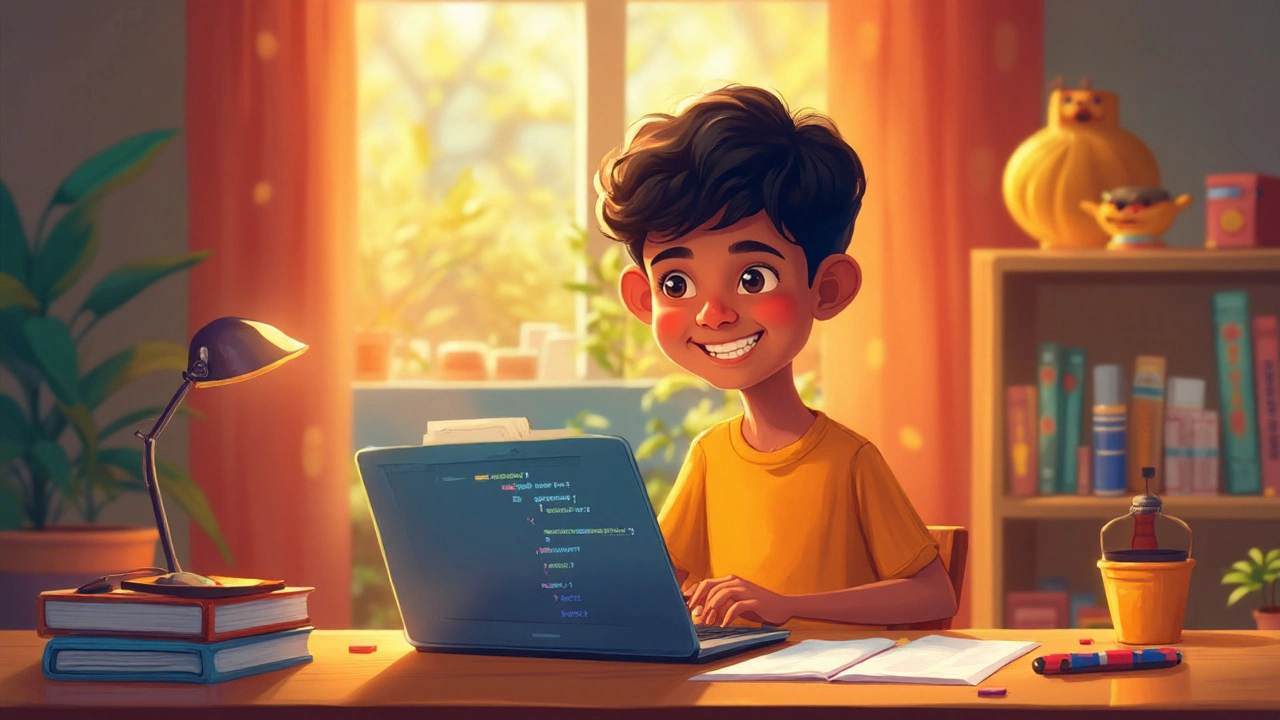
Easiest Coding Languages to Learn: Your Beginner’s Guide
Curious about coding but unsure where to start? Discover the easiest coding languages for absolute beginners, real-world uses, and helpful tips to kick off your journey.
Ever wondered what coding feels like? You don’t need a computer science degree to write a simple program. In just a few minutes you can see real results on your screen, and that feeling can push you to learn more. This guide breaks down the basics, gives you ready‑to‑use resources, and shows how to keep the momentum going.
Programming is a skill that solves problems. Whether you want to automate a boring task, build a tiny website, or add a feature to an app, code is the tool. It also boosts your logical thinking – you learn to break big challenges into smaller steps. Employers value these habits, so even a modest knowledge base can open doors in many fields.
Another perk is creativity. With a few lines of code you can turn an idea into something tangible. Want a calculator that works exactly the way you need? A simple script can do that. The low cost of getting started – a free editor and the internet – means you can experiment without spending money.
Pick a language that matches your goal. For web basics, HTML and CSS let you build a page instantly. If you’re curious about logic, Python is popular because its syntax reads like plain English. Both have huge communities and tons of free tutorials.
Step one: install a free code editor like Visual Studio Code. It highlights mistakes and suggests fixes, which is a huge confidence boost. Then, follow a short "Hello, World!" tutorial. In Python, that’s just print('Hello, World!'). Run the file, see the output, and celebrate – you just wrote your first program.
Next, try a tiny project that solves a real need. Maybe a script that renames a batch of photos, or a web page that lists your favorite books. Keep the scope small, finish it, and you’ll see how satisfying coding can be.
When you hit a roadblock, search the error message. You’ll discover forums like Stack Overflow where developers share fixes. Copying solutions is part of learning; just make sure you understand why it works.
Finally, set a routine. Even 15 minutes a day builds momentum. Join a beginner-friendly community – a Discord server or a local meet‑up – and share your progress. Seeing others solve problems helps you stay motivated.
By following these steps, you’ll move from “I think coding is hard” to “I can actually make things work”. Remember, the journey is about steady practice, not overnight mastery. Grab your editor, write that first line, and enjoy the process of turning ideas into code.

Curious about coding but unsure where to start? Discover the easiest coding languages for absolute beginners, real-world uses, and helpful tips to kick off your journey.